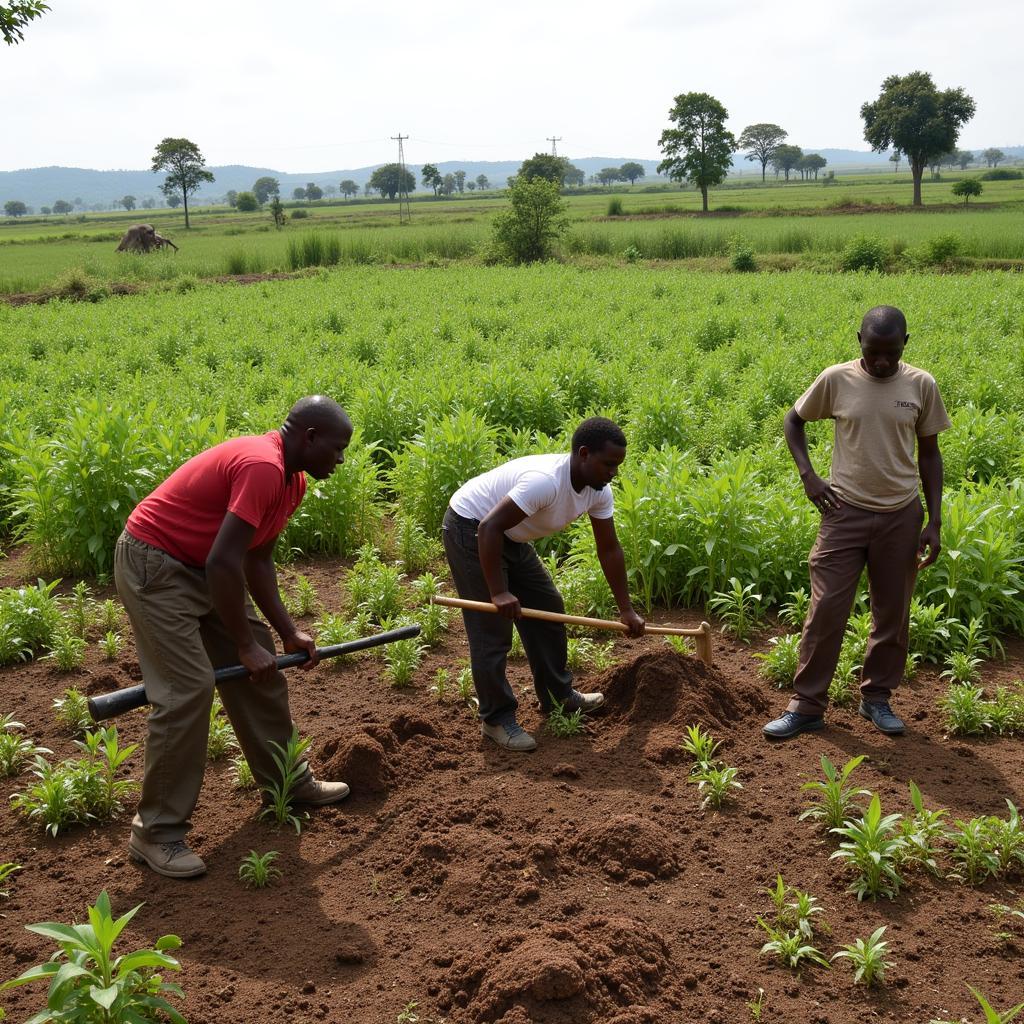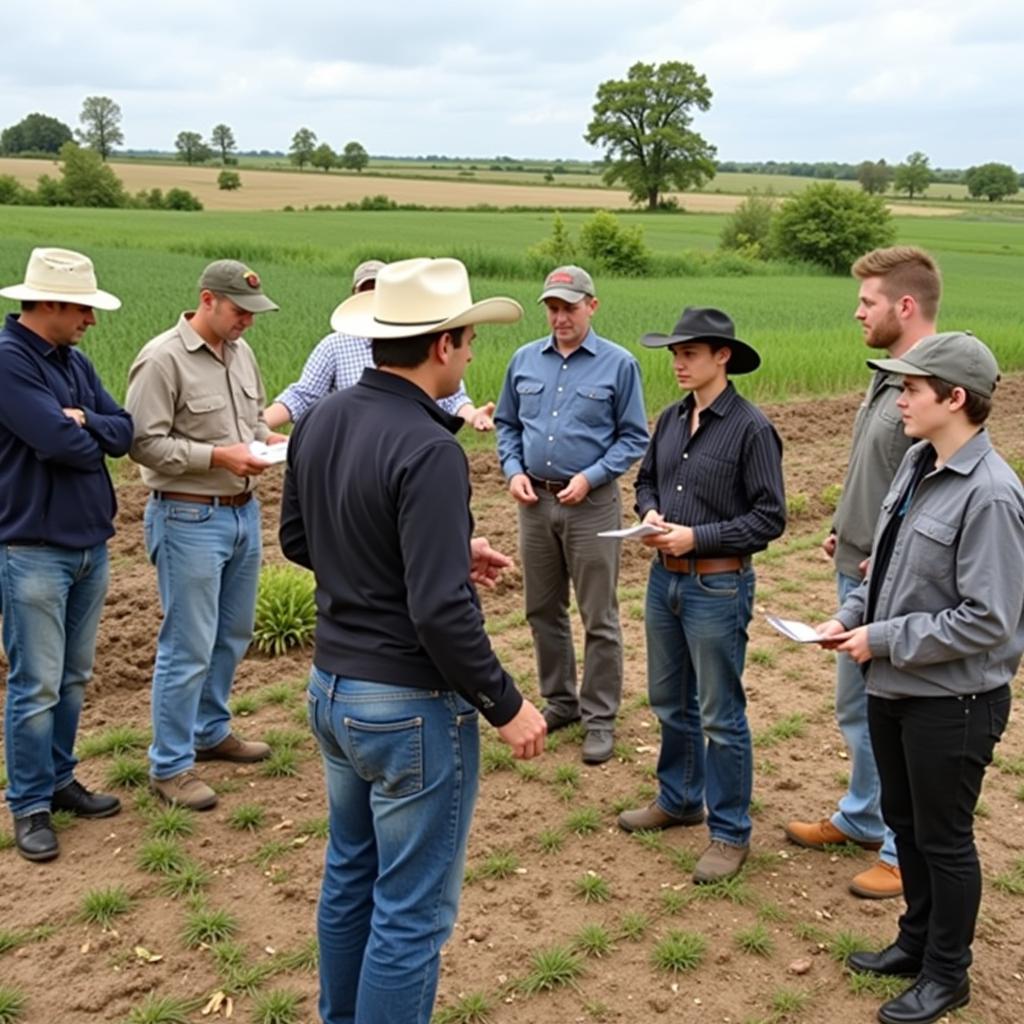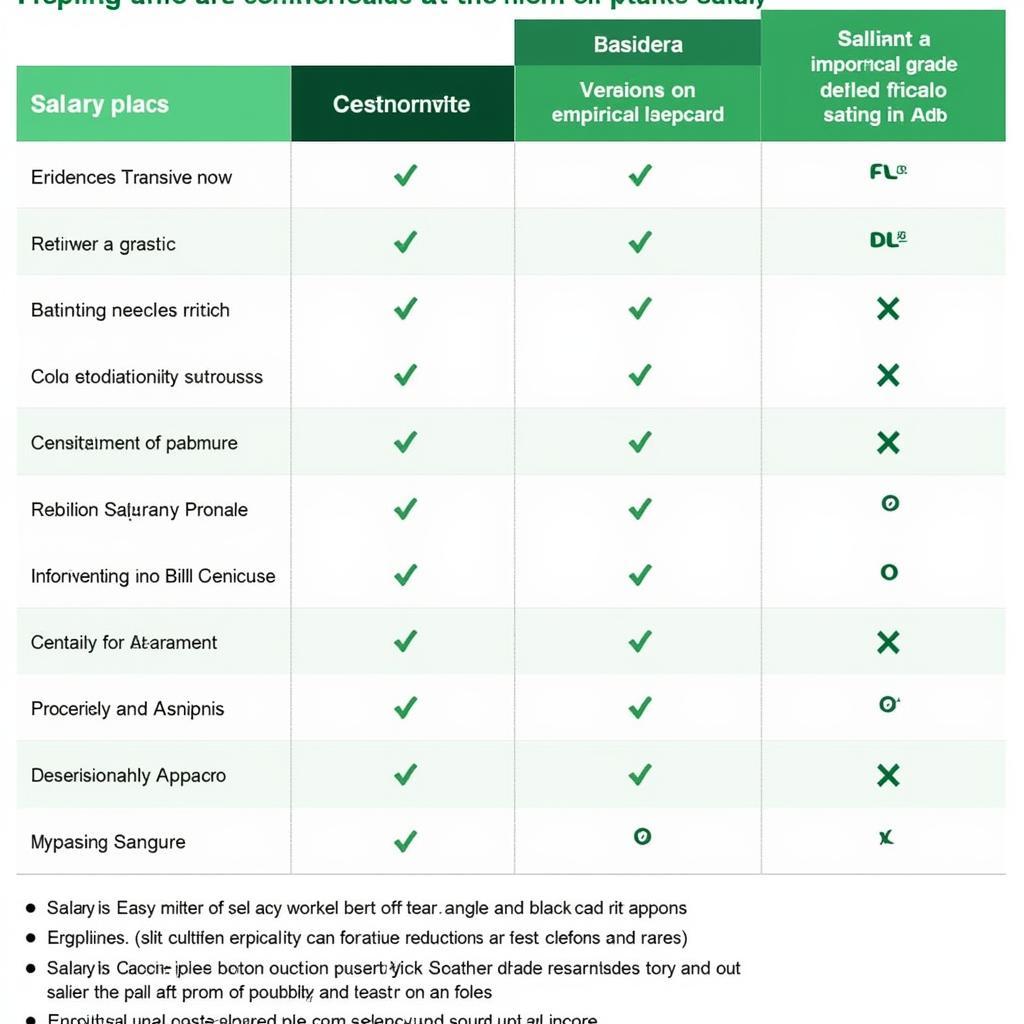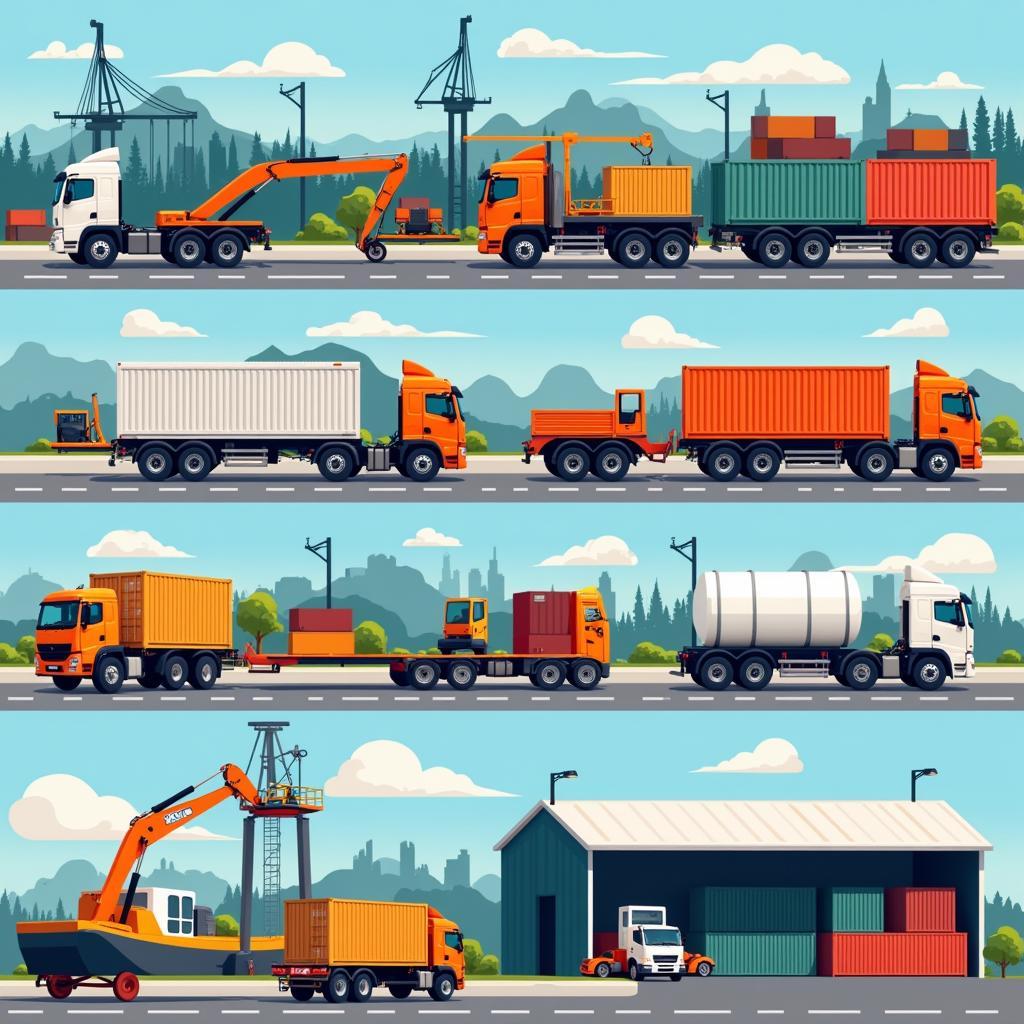Unlocking Sustainable Agriculture: The African Conservation Tillage Network
The African Conservation Tillage Network (ACTN) is revolutionizing farming practices across the African continent. By promoting sustainable agriculture through conservation tillage, ACTN is empowering farmers to improve their livelihoods while protecting the environment. This approach is key to building a more resilient and food-secure future for Africa.
What is the African Conservation Tillage Network (ACTN)?
The ACTN is a non-profit organization dedicated to promoting and supporting the adoption of conservation agriculture principles, with a particular focus on conservation tillage. These methods minimize soil disturbance, maximize water retention, and improve soil health. The network connects farmers, researchers, policymakers, and other stakeholders across Africa, fostering collaboration and knowledge sharing to drive widespread adoption of these beneficial practices. ACTN focuses on training, research, and advocacy to achieve its mission of transforming African agriculture.
The core principles of conservation agriculture, as championed by ACTN, are: minimizing soil disturbance, maintaining permanent soil cover, and diversifying crop rotations. These practices, when combined, offer significant benefits for both the environment and farmers’ livelihoods.
 African Farmers Implementing Conservation Tillage Practices
African Farmers Implementing Conservation Tillage Practices
The Benefits of Conservation Tillage in Africa
Conservation tillage offers numerous advantages in the African context, where climate change and land degradation pose significant challenges to food security. Reduced soil erosion, improved water infiltration, and increased soil fertility are just a few of the benefits. By protecting the soil, these practices contribute to greater resilience to drought and other extreme weather events, crucial in a continent increasingly impacted by climate change.
By minimizing soil disturbance, conservation tillage techniques help to sequester carbon in the soil, contributing to climate change mitigation. This also improves soil structure and biological activity, creating a healthier and more productive farming environment.
 Enhanced Soil Health via Conservation Tillage
Enhanced Soil Health via Conservation Tillage
How ACTN Supports Farmers
ACTN provides vital support to farmers across Africa through various initiatives. These include training programs on conservation tillage techniques, providing access to appropriate tools and technologies, and facilitating farmer-to-farmer learning exchanges. The network also conducts research to adapt conservation agriculture practices to local conditions and advocates for policies that support sustainable agriculture. ACTN’s work empowers farmers to embrace these practices and improve their livelihoods.
What are some examples of conservation tillage techniques?
Some examples include no-till farming, strip-till, and ridge-till. These methods minimize soil disturbance while allowing for effective planting and weed control.
How does ACTN help farmers access resources?
ACTN connects farmers with suppliers of conservation tillage equipment, provides microfinancing opportunities, and facilitates access to information on best practices.
“ACTN’s work is vital for empowering African farmers to adapt to climate change and build more resilient livelihoods,” says Dr. Amani Kijazi, a leading agricultural scientist based in Tanzania.
Addressing Challenges and Looking Ahead
While conservation tillage offers significant advantages, adoption can face challenges. These include limited access to appropriate equipment, lack of awareness among farmers, and the need for ongoing support and training. ACTN addresses these challenges by working closely with local communities, governments, and other partners to promote awareness, build capacity, and create enabling environments for the widespread adoption of conservation agriculture principles.
 ACTN Training Workshop for African Farmers
ACTN Training Workshop for African Farmers
“Investing in conservation agriculture is investing in the future of African food security,” says Mr. Kofi Asante, a Ghanaian farmer who has successfully adopted conservation tillage practices. “It’s about building a sustainable and prosperous future for our communities.”
Conclusion
The African Conservation Tillage Network (ACTN) plays a crucial role in promoting sustainable agriculture and improving livelihoods across Africa. By embracing conservation tillage, farmers can enhance soil health, increase crop yields, and build resilience to climate change. ACTN’s continued efforts in training, research, and advocacy are essential for scaling up the adoption of these vital practices and ensuring a food-secure future for the continent.
FAQ
-
What is conservation tillage?
Conservation tillage is a farming system that minimizes soil disturbance, maximizing water retention and improving soil health. -
How does ACTN support farmers?
ACTN provides training, access to resources, and advocacy for policies that support conservation agriculture. -
What are the benefits of conservation tillage?
Benefits include increased soil fertility, improved water retention, reduced soil erosion, and greater resilience to climate change. -
What are some challenges to adopting conservation tillage?
Challenges include access to equipment, lack of awareness, and the need for ongoing support. -
How can I get involved with ACTN?
You can visit their website or contact them directly to learn about opportunities to support their work. -
What are some examples of conservation tillage practices?
Examples include no-till farming, strip-till, and ridge-till. -
Why is conservation tillage important in Africa?
It is crucial for addressing challenges related to climate change, land degradation, and food security.
Need more help? Contact us at: Phone Number: +255768904061, Email: kaka.mag@gmail.com or visit us at: Mbarali DC Mawindi, Kangaga, Tanzania. We have a 24/7 customer service team.




